Fargo Is What The Future Of Television Should Look Like
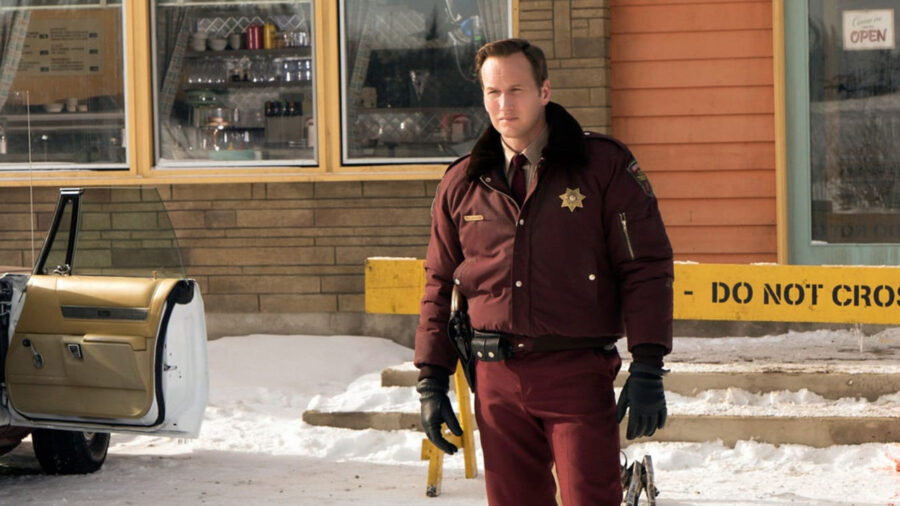
Fargo is ostensibly an adaptation of the Coen Brothers movie of the same name, but the key to its success is that it’s actually an adaptation of every Coen Brothers movie all at once. It borrows character archetypes, themes, and storylines from across the Coen filmography, combining them into a unique crime anthology. This type of broad adaptation and willingness to openly mix influences is why I love it and want more shows like it.
Making Fargo An Anthology Series Was The Perfect Choice
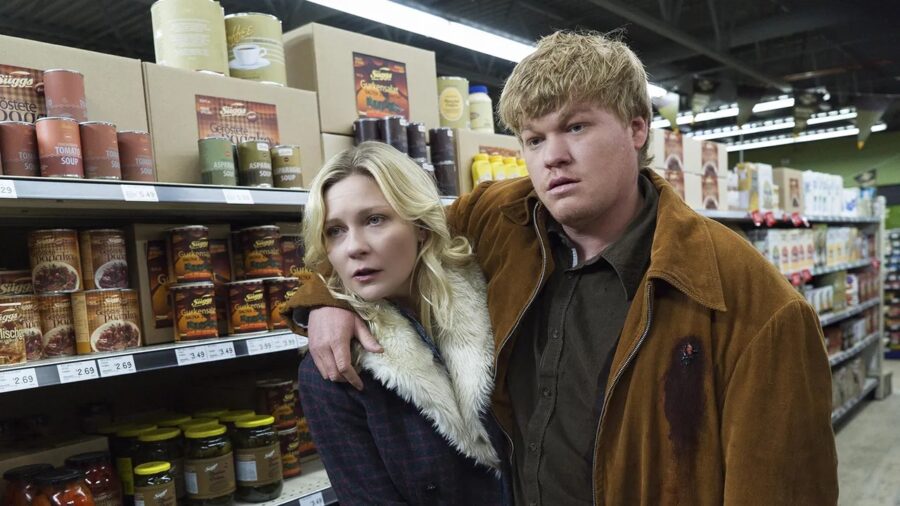
As an anthology series, every season of Fargo tells a new true crime tale within a shared universe. They range from brutal gang wars to conspiratorial dark comedy, often shifting between tones from episode to episode. The result is a show that always keeps the spirit of the original movie alive while still telling a distinctly new story every season.
Each Season Takes From Coen Movies
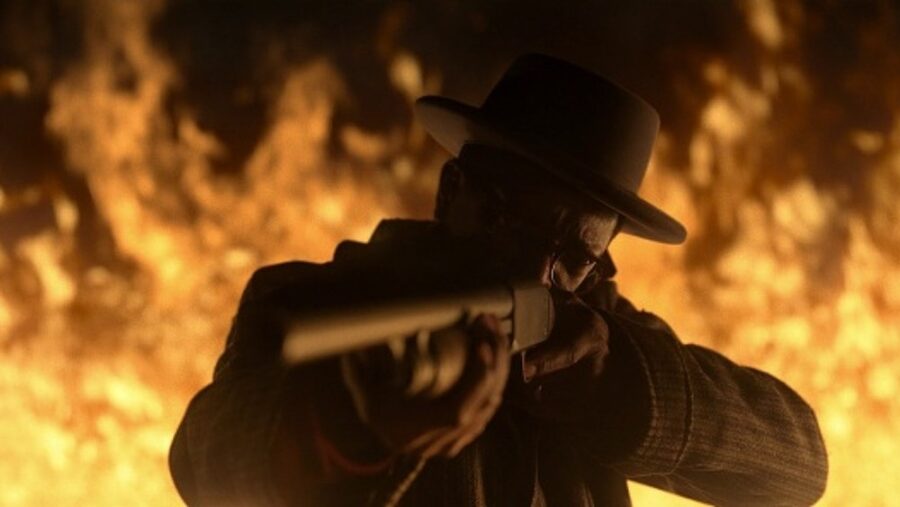
There are numerous direct references to movies made by the Coen Brothers throughout Fargo, but each season prominently combines a few of their films. Characters like Lorne Malvo and Ole Munch are inspired by No Country For Old Men’s Anton Chigurh, while the third season features a bowling alley bar that mirrors the one from The Big Lebowski. Even as a devoted fan of the Coen Brothers, I’m never sure what to expect because the show can shift from a direct homage of Burn After Reading into something inspired by Blood Simple without missing a beat.
Anthologies Are A Breath Of Fresh Air
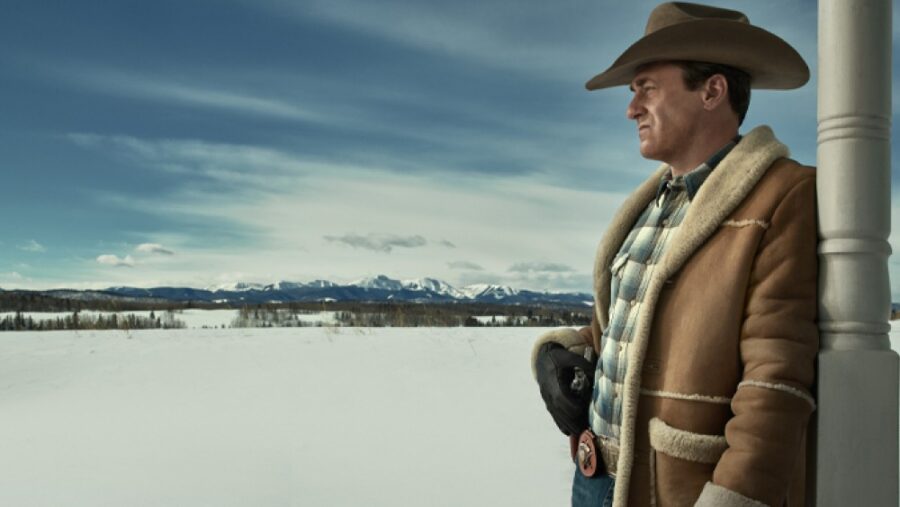
Of course, there have been other shows in the past with similar storytelling techniques. Anthologies have gone in and out of fashion, and Alfred Hitchcock Presents similarly traded on recreating the genres and style of Hitchcock’s films in TV form. But, Fargo’s ability to take a popular IP and consistently remix it with other influences makes it unique and the perfect way to tell interesting stories in an era dominated by adaptations.
Give Us More TV Anthologies Based On Famed Directors’ Work
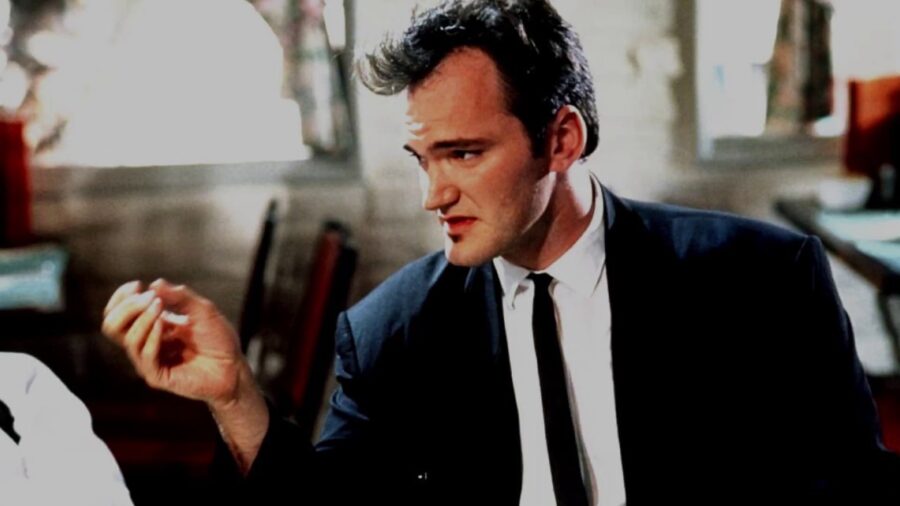
While shows like True Detective offer hope that original stories similar to Fargo can still survive on TV, the importance of pre-existing IP doesn’t seem to be going anywhere. Fargo proves those adaptations don’t need to be straightforward, they can pull from multiple sources at once to make something new and exciting by stitching them together. Rather than looking exclusively to their source material, showrunners should be looking to create broad collages made of interrelated titles.
I would love to see other showrunners give various filmographies the same treatment Fargo gives the Coen Brothers. A crime anthology based on Quentin Tarantino’s films or a sci-fi series pulling together Christopher Nolan’s oeuvre could make for great TV under the right showrunners. A similar approach combining the best of a genre or era could also work, such as a modern version of The Big Sleep that borrows elements from Sunset Blvd and Rear Window would be more compelling than a direct modern adaptation.
The Future Of Television
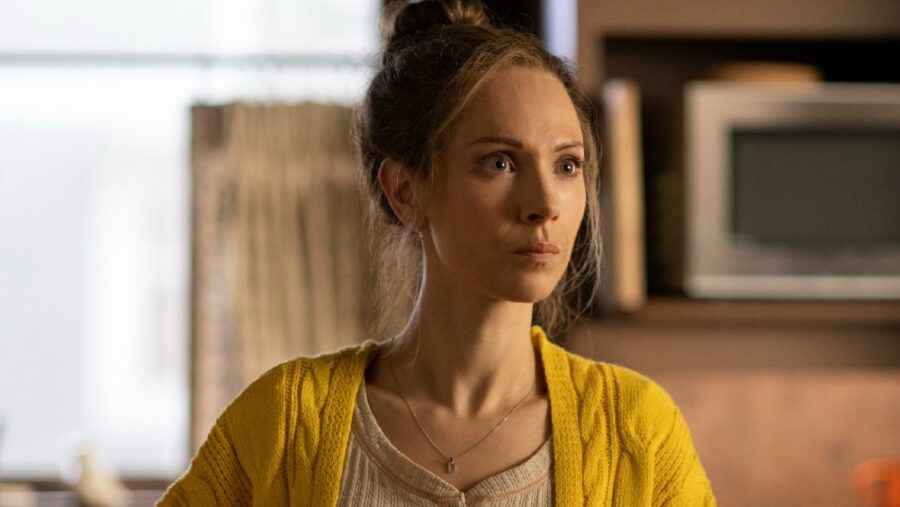
Under showrunner Noah Hawley, Fargo serves as a blueprint for what modern television can be. It proves we can have interconnected universes and adaptations without sacrificing good storytelling or creativity. I want more shows that can shift fluidly between influences and even genres on a whim.












